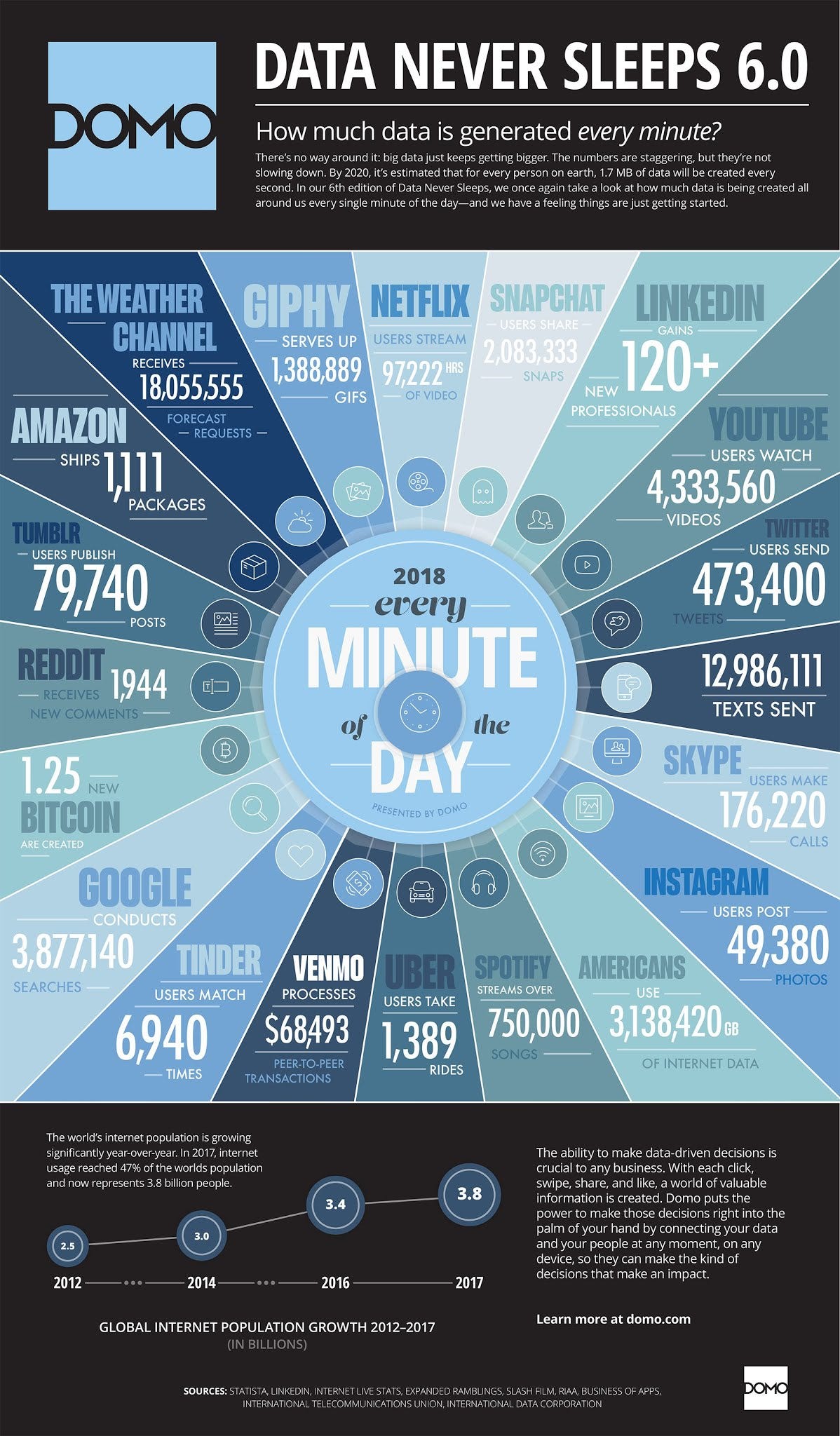NLP referred to Natural language processing.
NLP — also known as computational linguistics — is the combination of AI and linguistics that allows us to talk to machines as if they were human.
In other words, NLP is an approach to process, analyze and understand large amount of text data.
In fact, NLP isn’t something new and it could be traced back all the way to 1950s when it started as Machine Translation (MT).
After being some time in data science field, I’ve come to realize the growing importance of NLP and its widely used applications in our day-to-day life — now and in the future.
By the end of the article, I hope you’ll understand the importance of NLP and why it’ll be the future — our future.
Let’s get started!
Why NLP is important?

Let’s face it. There are billions of text data being generated every day.
Look around us.
In-apps messages (Whatsapp, WeChat, Telegram etc.), social media (Facebook, Instagram, Twitter, YouTube etc.), forums (Quora, Reddit etc.), blogs, news publishing platforms, google searches and many other channels.
All these channels are constantly generating large amount of text data every second.
And because of the large volumes of text data as well as the highly unstructured data source, we can no longer use the common approach to understand the text and this is where NLP comes in.
1. Handling large volumes of text data
With the big data technology, NLP has entered the mainstream as this approach can now be applied to handle large volumes of text data via cloud/distributed computing at an unprecedented speed.
Imagine you’re given a sentence and tasked to identify if this sentence has positive/negative/neutral sentiment, manually.
Great. It’s so easy and you completed that within second.
Imagine now you’re given millions of sentences and perform the sentiment analysis again. How long would that take you? Well… You get the point.
Today’s machines can analyze more language-based data than humans, without fatigue and in a consistent, unbiased way.
Considering the staggering amount of unstructured data that’s generated every day, from medical records to social media, automation will be critical to fully analyze text and speech data efficiently. Period.
2. Structuring highly unstructured data source
To describe text data as unstructured data is an understatement.
Text data is a mess.
Just imagine the way you normally message your friends, “Where r u ah😫”
Just one short message we see there are abbreviated words (“r” and “u”), slang (“ah”), omitted punctuation, and emoji. And the best part is that we’re only talking about English here.
In summary, human language is astoundingly complex and diverse.
Not only are there hundreds of languages and dialects, but within each language is a unique set of grammar and syntax rules, terms and slang.
NLP is important because it helps resolve ambiguity in language and adds useful numeric structure to the data for many downstream applications, such as speech recognition or text analytics.
Why NLP will be the future — our future?
With the increasing amount of text data being generated every day, NLP will only become more and more important to make sense of the data and used in many other applications.

Chances are you’ve already been using some of the most powerful NLP applications but not yet aware of that.
Just take a look at Google Translate. It is a free multilingual machine translation service developed by Google, powered by NLP behind the scene.
Or maybe you’ve tried Amazon Alexa or Google Assistant to understand and answer your questions accurately via speech recognition — again, through NLP.
What’s more interesting is that even digital marketing industry is moving towards data-driven digital marketing. By analyzing huge amount of text data and large scale, digital marketers and brands are now able to understand what customers’ interest, pain points and brand perception are through social listening.
In the finance industry, chatbots are already providing a better service experience to customers for financial consultants at Prudential by responding to customers’ queries even more promptly, accurately, and most importantly, in a human-like manner.
NLP has changed the way we interact with computers and it’ll continue doing so in future. These AI technologies will be the underlying force for transformation from data-driven to intelligence-driven endeavors, as they shape and improve communication technology in the years to come.
Final Thoughts
Thank you for reading.
I hope by now you already understand better why NLP is becoming more and more important and how it’ll affect our future.
Maybe you’re a data scientist thinking of which field to specialize in.
Maybe you’re working in digital marketing space and wondering how to harness the power of NLP in your marketing strategies.
It doesn’t matter.
NLP is no longer just the future. It’s already here.
And it’s important to understand how NLP is being applied in various industries and how it’s shaping our future.




